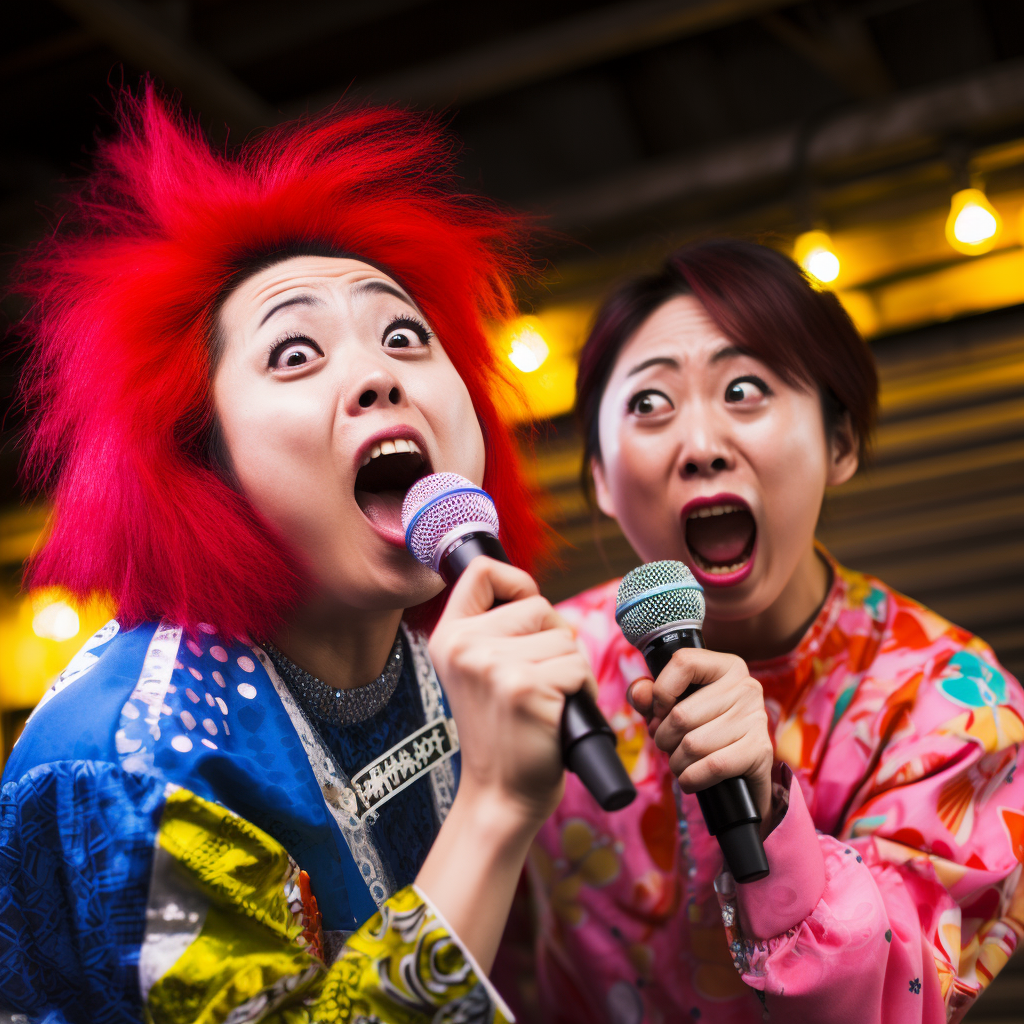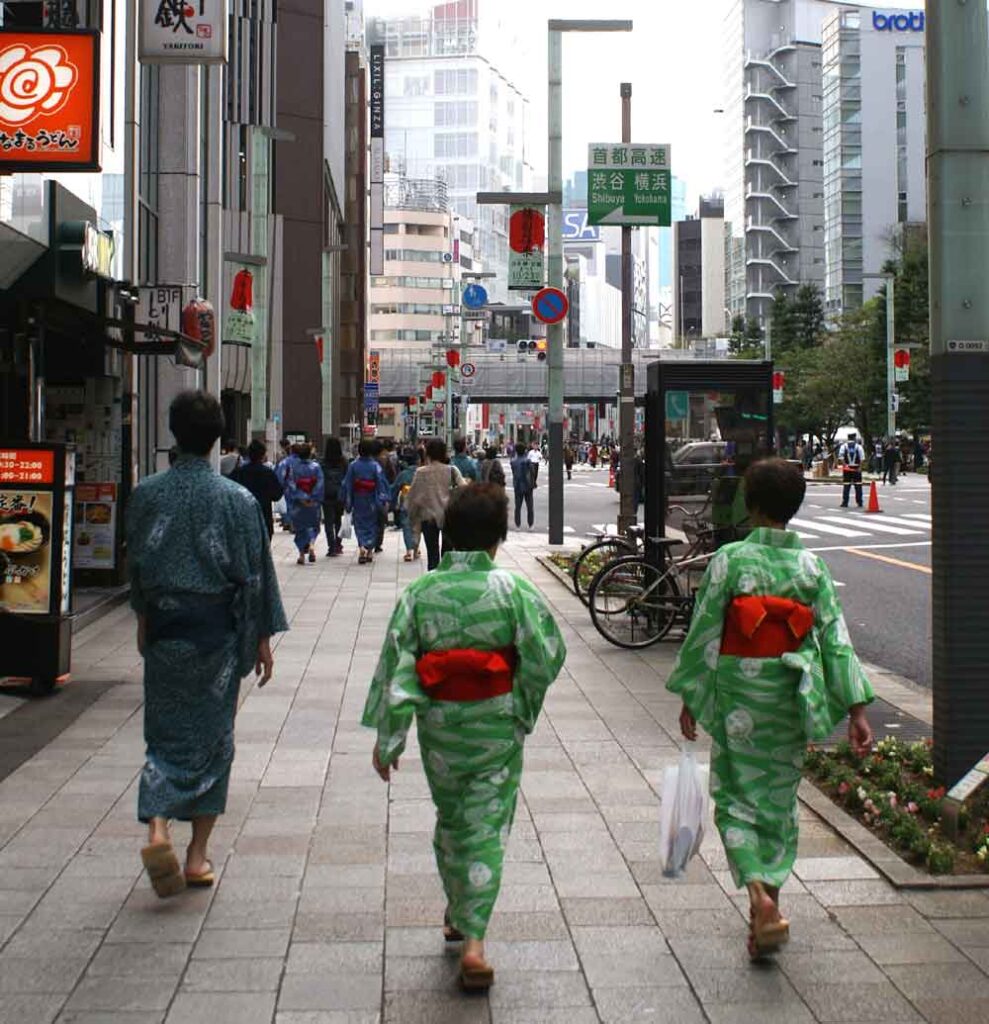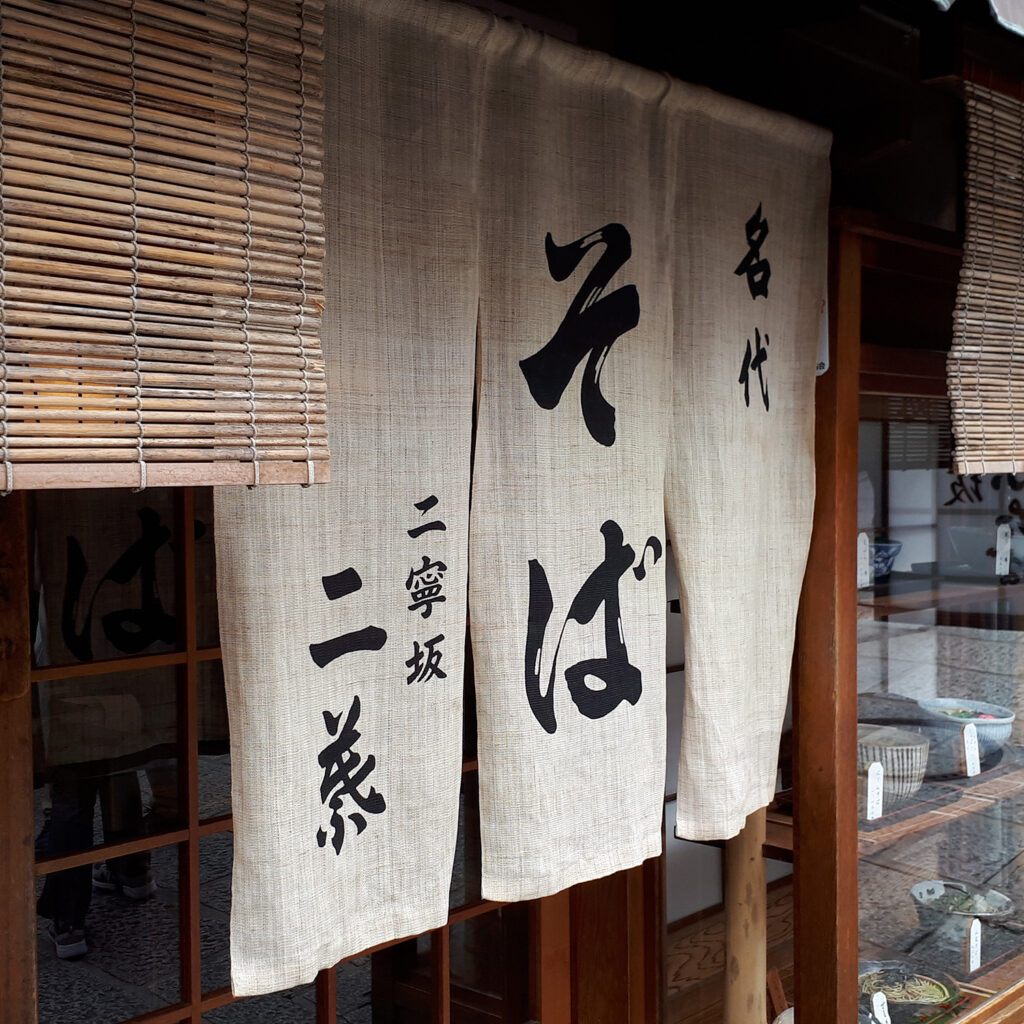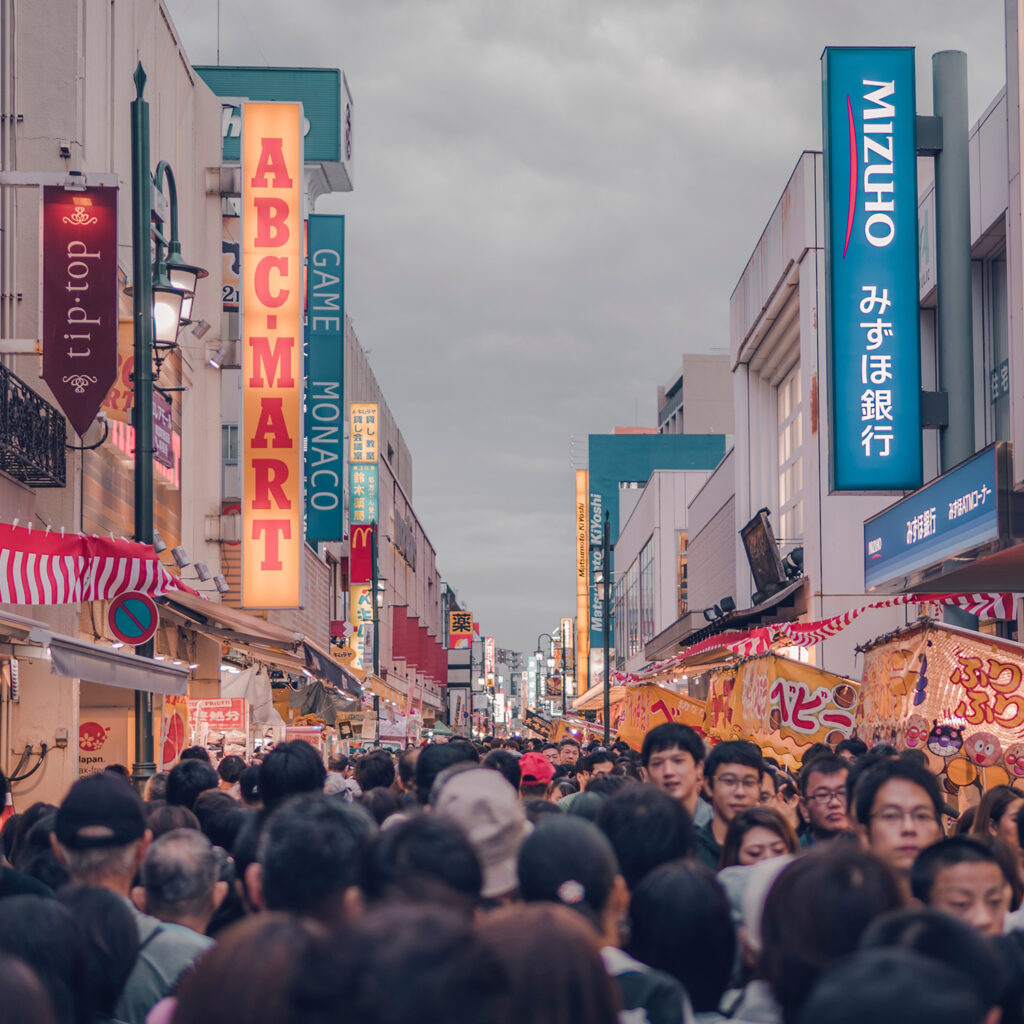Karaoke, a form of interactive musical entertainment originating from Japan, has captured the hearts of music lovers around the world. However, its history and cultural impact are particularly profound in Japan, where karaoke has become much more than just a leisure activity.
The Origins of Karaoke
The term “karaoke” is derived from two Japanese words: “kara” meaning “empty” and “okē” being short for “ōkesutora”, meaning “orchestra”. So, karaoke literally translates as “empty orchestra”. The history of karaoke dates back to the 1970s, when Daisuke Inoue, a Japanese musician, invented the first karaoke system, the Juke-8, to allow people to sing along to a pre-recorded soundtrack.
Karaoke Culture in Japan
Karaoke is deeply rooted in Japanese culture. In Japan, it is common to find karaoke establishments in almost every city, ranging from small private rooms to large karaoke complexes offering a complete entertainment experience. The Japanese, known for their hard work, view karaoke as a way to relax and release accumulated stress.
Karaoke Boxes
The “karaoke boxes” are private rooms equipped with microphones, screens, comfortable seats and a vast musical repertoire. These intimate spaces allow groups of friends, colleagues or couples to enjoy karaoke without worrying about outside judgment. The boxes are often decorated in a playful way, creating a festive atmosphere.
Popular Songs
The Japanese karaoke repertoire is vast and includes a variety of Japanese and international songs. Japanese pop songs, called “J-pop”, are often a favorite among karaoke fans. However, international classics and contemporary hits are also available, offering a diverse selection to satisfy all tastes.
Technological Developments
With the advancement of technology, karaoke has also evolved. These days, many karaoke establishments offer computerized systems with touch screens, mobile apps, and even online competitions. This technological integration has helped modernize the karaoke experience while preserving its traditional charm.
Karaoke and Nightlife
In Japan, karaoke is often associated with nightlife. Salarymen, Japanese office workers, often go to karaoke after work to relax and socialize. Lively neighborhoods in major Japanese cities are dotted with karaoke establishments, creating a festive atmosphere that lasts until the early hours.
In conclusion, karaoke in Japan transcends the simple act of singing along to a musical track. It is rooted in Japanese culture as an expression of joy, relaxation and sociability. Whether for an evening with friends, a family outing or a well-deserved break after work, karaoke remains an essential symphony in the land of the rising sun.





